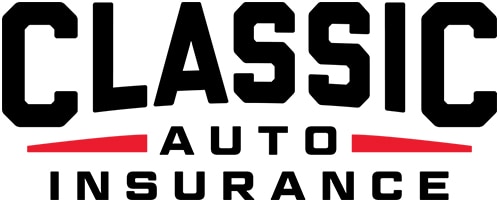
Checking Fuel, Fluids and Oil
Advise your clients to change the oil and have a fluid flush before storing a car or truck for the winter, because this will remove corrosive materials from the engine system. Adding a fuel stabilizer to the fuel tank can also prevent winter corrosion, because ethanol-based fuels can degrade over a period of months. Antifreeze should be checked and replenished. Your client should take their baby out for one last spin to move new fluids through the system, then either remove the battery or use a trickle charger/tender. Removing the battery is also fine, but it shouldn’t be stored disconnected in a cold garage – they’ll need to take it indoors. Remind them not to leave the parking brake engaged for an extended period of time or it could lock up.
Winterizing the Body and Tires
Tires can develop flat spots when a vehicle is parked for an extended period of time, so they should consider removing the tires and keeping the four corners on jacks. If they don’t plan to remove the tires, they can add a little extra air to them – without severely over-inflating – and place wheel chocks or blocks of wood behind all tires to prevent unexpected movement. Remind them to take one last walk around the body and look closely for damage potential. Tiny drops of oil or sap can do major paint damage when left to sit for months. Then they can cover the car with a clean, soft waterproof cover. A vehicle doesn’t need to be started periodically over winter, contrary to popular belief, as long as all of the above precautions are taken.
Rare But Costly Winter Problems
Have you ever opened the glove compartment of a stored vehicle to find a mouse nest? Rodents like to chew on wires and tubes and can do a lot of damage to a car left sitting. This is an example of an unexpected and frustrating situation that can happen with storing a vehicle for a long time. Encourage your clients to think about potential damage-makers like rodents, falling objects, flooding, vandalism and whether children can play nearby. Is the vehicle stored in the safest environment? Do they have a plan for extreme weather or a natural disaster? Will someone check on the car periodically? By having a storage plan in place, owners can head off costly problems and keep their valuable vehicles safe until the garage door opens on it once more.
The Classic Auto Insurance Difference
As an independent agent, your goal is to find the best protection possible for your collector clients. Saving them money strengthens the loyalty they give you and keeps them coming back. In partnership with Classic Auto Insurance, you can offer the coverage and options a collector wants, tailoring policies to fit their needs and doing it for less than what a standard auto policy might cost. Agent partners also enjoy a minimum commission of 10% for every new and renewed policy. To become a referring agent, contact us today.
Learn more about how to fully protect a classic »
e-Newsletter Subscription
Like what you see? Get Classic Auto Agent’s Corner in your mailbox. Complete the contact form on our website and we will add you to our growing list of subscribers.





